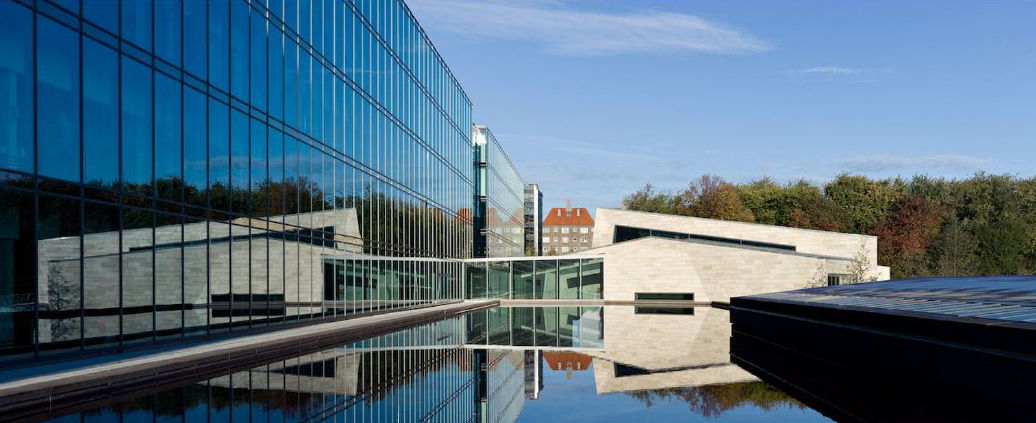Confirmed Speakers
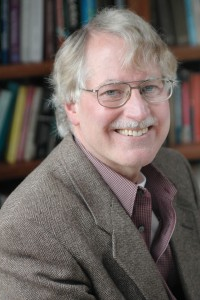
Ken Dill
Distinguished Professor of Physics & Chemistry, Stony Brook University
Director, Laufer Center for Physical & Quantitative Biology
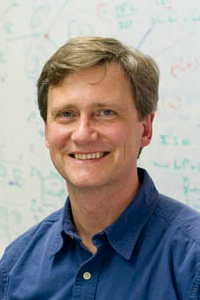
Klaus-Robert Müller
Professor, Technische Universität Berlin
Distinguished professor at Korea University, Seoul
Co-director of the Berlin Big Data Center
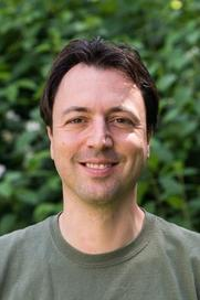
Frank Noé
Professor, Freie Universität Berlin
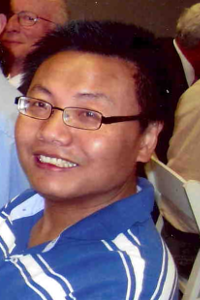
Jinbo Xu
Professor of Toyota Technological Institute at Chicago
Senior Fellow, Computational Institute at the University of Chicago
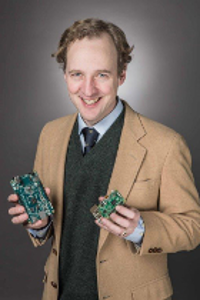
Anatole von Lilienfeld
Professor at Dept. of Chemistry, University of Basel
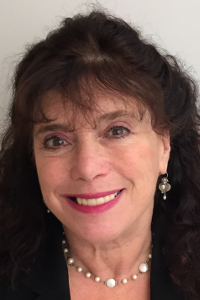
Debora S. Marks
Assistant professor of Systems Biology, Harvard Medical School
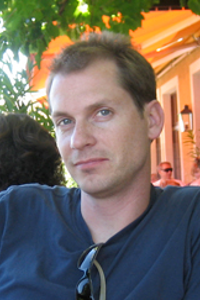
Douglas Theobald
Associate Professor of Biochemistry, Brandeis University
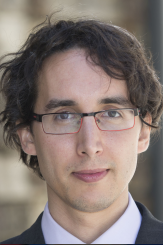
José Miguel Hernández-Lobato
University Lecturer in Machine Learning, Department of Engineering, University of Cambridge
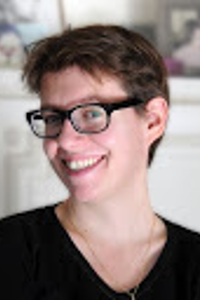
Chloé-Agathe Azencott
Faculty Researcher at Mines ParisTech
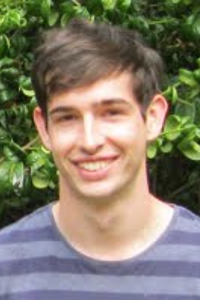
Michael Golden
DPhil student at Brasenose College, Oxford
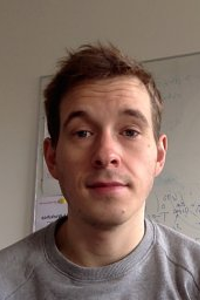
Simon Olsson
Alexander von Humboldt postdoctoral fellow, Freie Universität Berlin
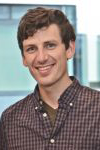
John Ingraham
PhD Student at Harvard University
Closing talk by
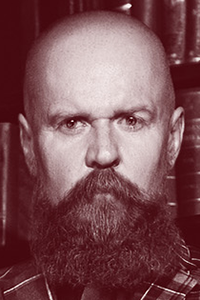
Alexander Bard
Swedish cyber-philosopher, music producer and highly sought-after international speaker. He has given lectures on the philosophical, sociological and economic implications of the internet revolution since the late 1990s.
Confirmed Local Speakers

Michael Sørensen
Professor and Chair of the Department of Mathematical Sciences, University of Copenhagen
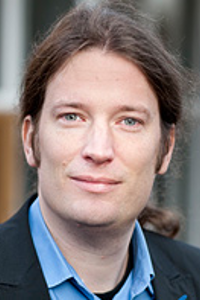
Christian Igel
Professor, Department of Computer Science, University of Copenhagen
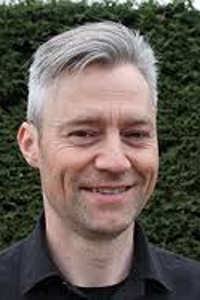
Ole Winther
Professor at Section for Cognitive Systems, Technical University of Denmark
Group leader of Gene Regulation, Bioinformatics, University of Copenhagen
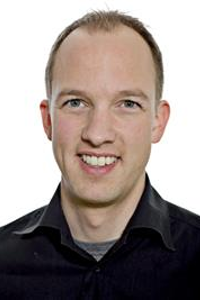
Morten Mørup
Associate Professor at the Section for Cognitive Systems, Technical University of Denmark
